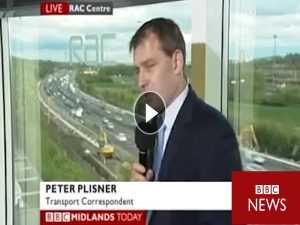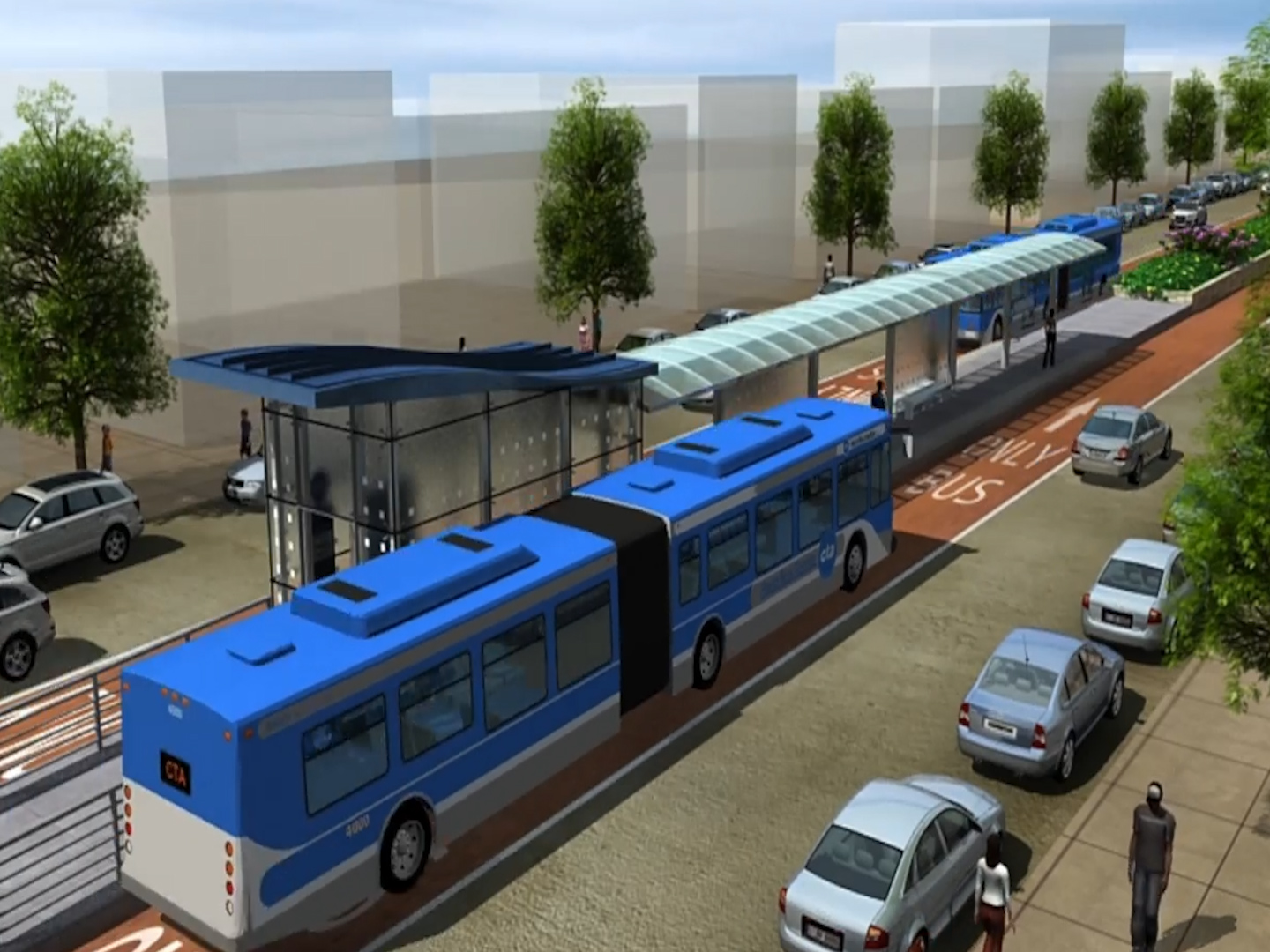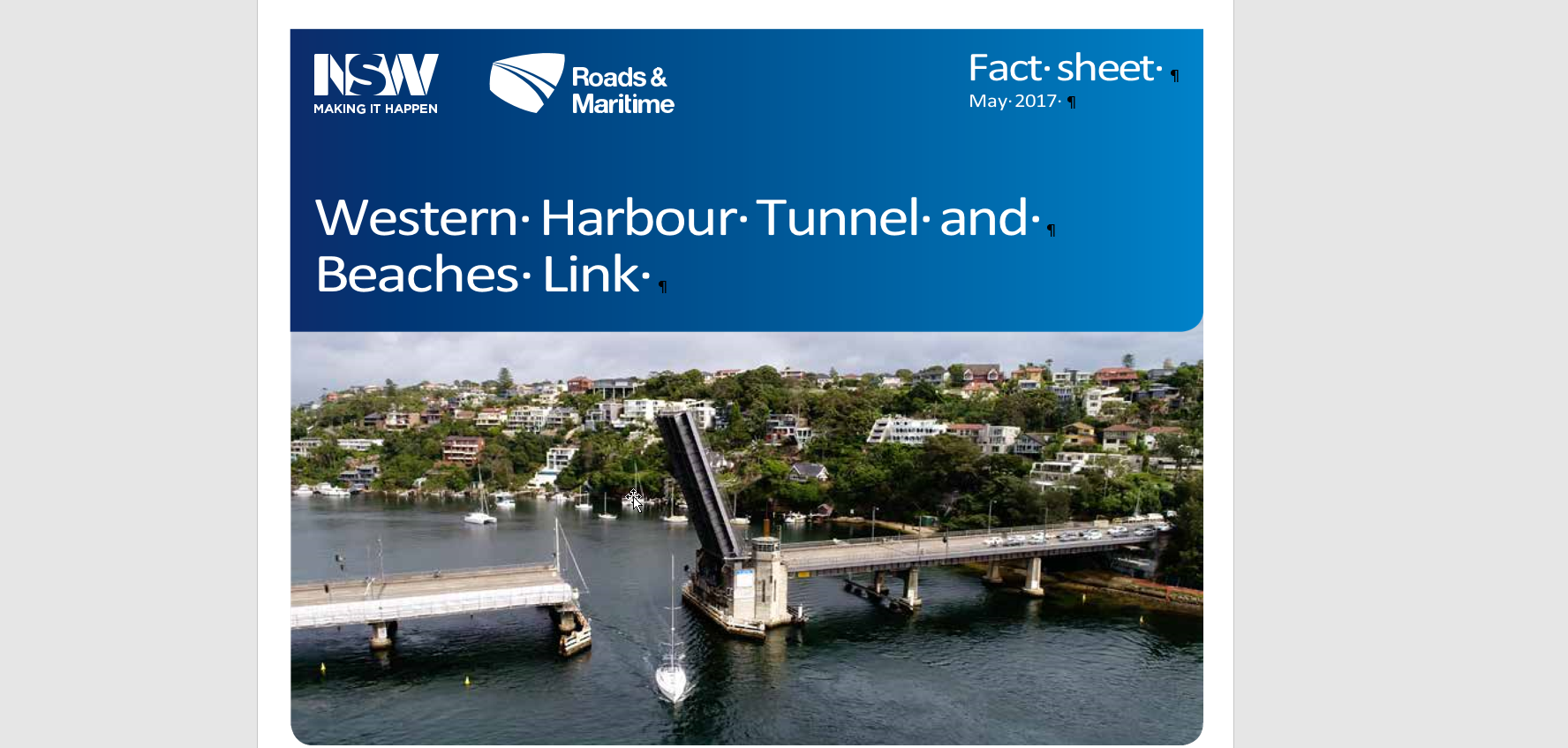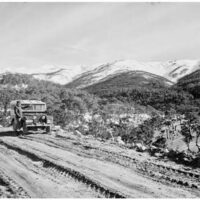 Transport is often an election issue but does the typical campaign debate help push us in the right direction for long term improvements.
Transport is often an election issue but does the typical campaign debate help push us in the right direction for long term improvements.
The recent UK election had the usual trends.
Firstly, there is a promise of huge funds – One party put the figure at £40billion by the end of the decade. CityMetric pointed out that the current funding would give you £25 billion anyway so it is not quite as generous as it might seem.
But as usual the extra cash is likely to be swallowed up by a couple of major projects.
Building just some projects, no matter how advanced the technology or how good the artists impression is, does not constitute a complete policy.
Building a project to help complete the Rail “system” for example might have merit but it is not the whole system.
A new transport project will be judged on how many people use but could the real measure be a combination of two things:
- How many people could have been served by spending the money elsewhere possibly including over several less up market projects, and
- how many people have not been given a reasonable service.
Some political manifestos do dig down a bit deeper but that rarely makes it into the public debate and is usually defined in very general terms such as “better regulation of bus routes”; or “projects to relieve bottle necks” or “upgrading the National Cycle Network”.
So, at the next election, transport professionals have to push the debate to the cover the whole system and value-for-money rather than election policies which often look like a spending spree when you have won the lottery only to find that the money has run out when you have a gold-plated Rolls in the garage.






